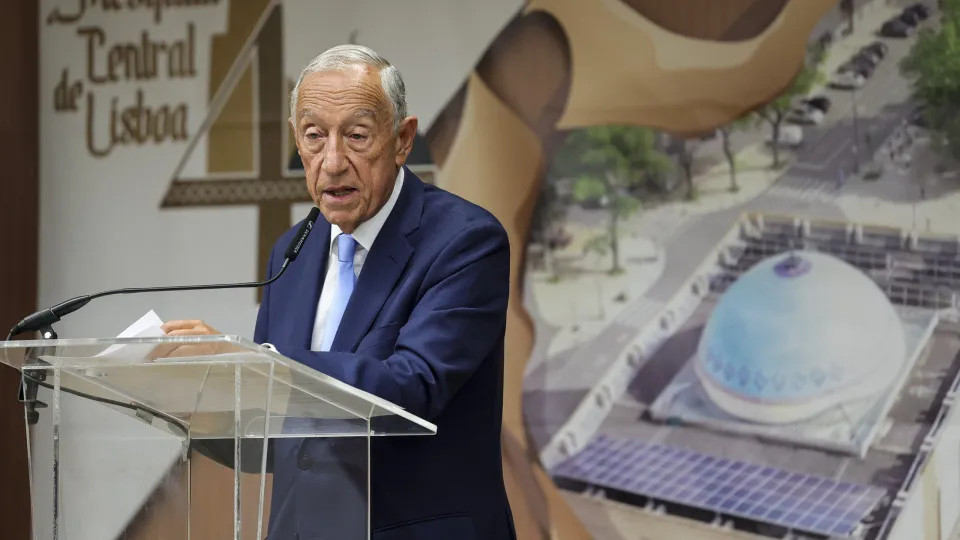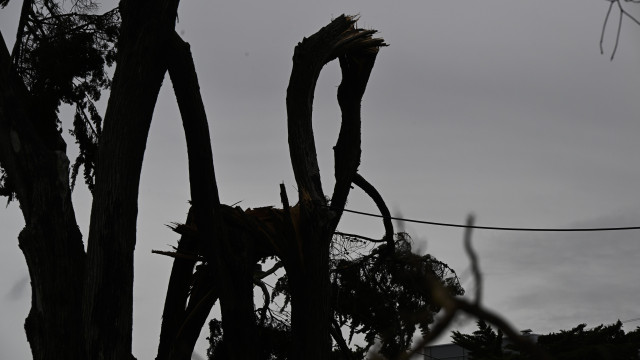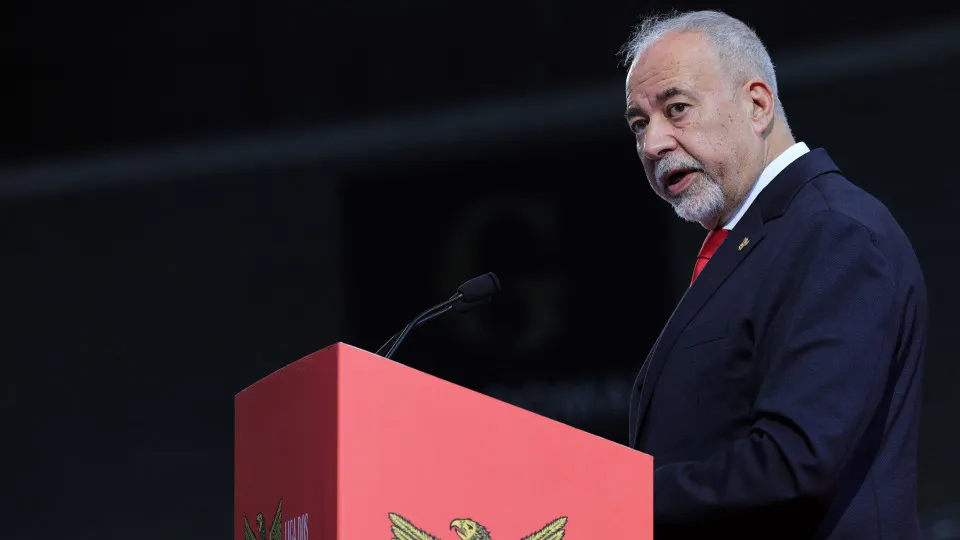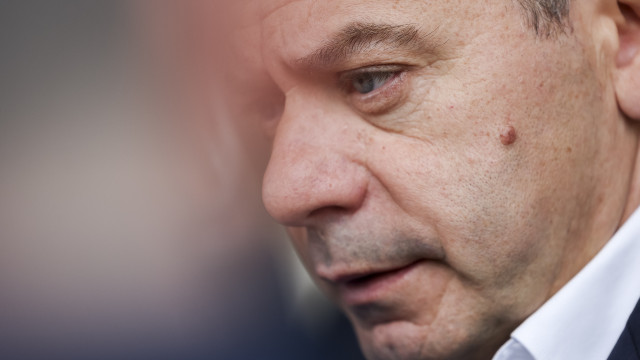
The Head of State addressed the commemorative session marking 40 years of the Central Mosque of Lisbon today, attended by the Minister of Justice, Rita Alarcão Júdice, as well as members from various religious beliefs.
Marcelo Rebelo de Sousa emphasized the “openness of Islam to different religions” by citing passages from the Quran to illustrate his point.
“This notion that everyone receives the gifts of the Lord, regardless of their beliefs, is a message of ecumenism and, consequently, openness to others, dialogue, and acceptance of difference, present in the holy book of Islam. This evocation, reaffirmed today, represents a tribute to the ecumenical spirit existing in Portugal,” he stated.
According to the President of the Republic, whenever this ecumenical spirit was respected throughout history, it “made Portugal great.”
“And when it was not respected, it made Portugal small,” he contrasted, emphasizing that this spirit is “anchored in religious freedom, enshrined in the Constitution.”
Marcelo Rebelo de Sousa highlighted Portugal’s “Islamic heritage,” which he described as “very rich, stemming from an Arab presence of more than four centuries in the territory that is now Portugal.”
“A heritage that remains in our culture and language, with over two thousand words originating from Arabic. A genetic heritage and still a conceptual heritage of theology and science, of harmony and complementarity between science and faith, rooted in Islamic precept,” he noted.
The President concluded his speech with an Islamic greeting, speaking in Arabic, and then repeated it in Portuguese: “May the peace and blessing of God be upon you.”
“From this Central Mosque to Odivelas and Mouraria, from Palmela to Famões, to Coimbra and Porto, from the Algarve to Madeira and the Azores, you are all, we are all Portuguese. We are part of Portugal and we enrich Portugal. With ups and downs like all histories, but always present is your heritage and, when seemingly disappeared, revived or reborn,” he said.
When asked by journalists whether he currently saw “a greater Portugal or a smaller Portugal,” Marcelo recalled knowing the “empire, the end of the empire, and the reality of that empire’s end.”
“Even the most conservative from the time of the empire’s end, during Salazarism or Marcelism, always admitted that religious freedom was fundamental. Even in a dictatorial regime with many limitations on freedoms and fundamental rights, it never crossed the mind of colonial governors, such as Spínola in Guinea, to deny religious diversity or the importance of the religious groups that existed,” he stated.
For the President of the Republic, “in democracy and freedom, people naturally understand that religious freedom is a fundamental freedom.”
“Not because it’s in the Constitution, but because it corresponds to the recognition of communities that are different cultures, have different ways of viewing life, and that enrich us and enrich themselves,” he said.
Prior to Marcelo’s speech, several interventions were made during the ceremony, including by the Imam of the Central Mosque of Lisbon, Sheikh David Munir.
“Loving the homeland is part of our faith, Portugal is our homeland. No one has the right to tell a Portuguese Muslim: this is not your homeland,” he emphasized.




